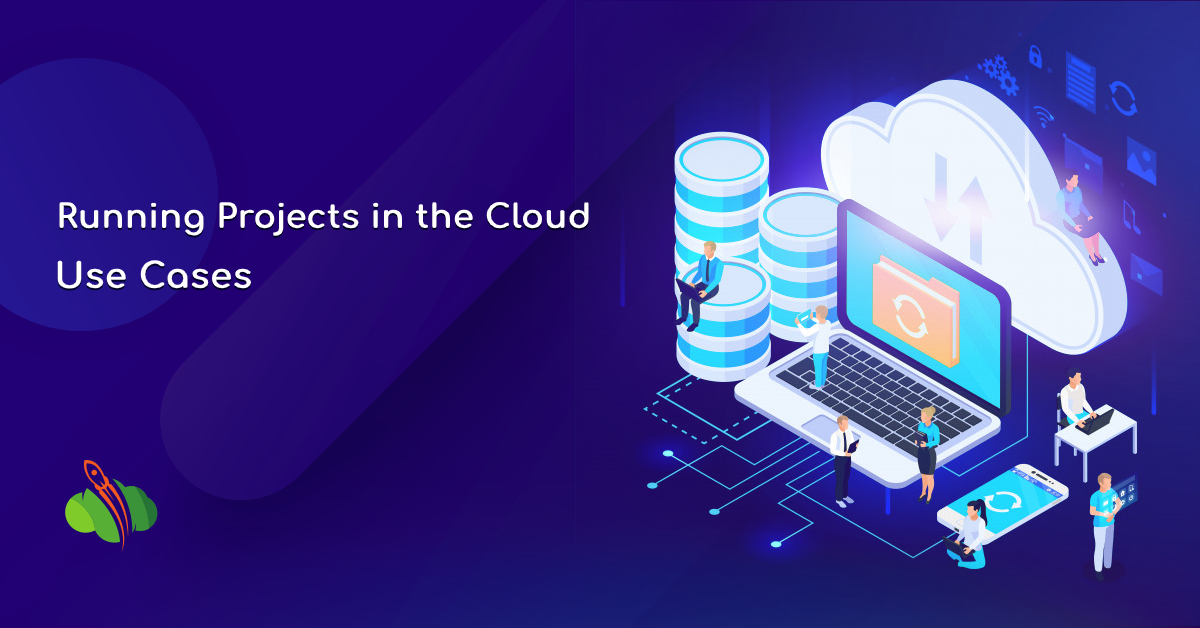Pandemia made all of us to implement changes and transform the business and living to survive. Like every challenge though.
But in 2020 businesses strived for digitalization as never before - schools, stores, cafes and more went online.
Creating a website, e-commerce project, educational platform or customized video application requires not only a special knowledge, but also a place to host it, - highly available, scalable, and cost effective.
The perfect match here would be an auto scalable cloud hosting, with intuitive UI, good performance, local support and pay per use pricing.
Let’s check several most popular cases for auto scalable cloud hosting.
Use Cases
E-commerce. These projects need superior uptime, as competition is high, and every downtime means money and reputation loss. So cloud hosting providers should ensure 99.9% SLA uptime, regular backups, and traffic distribution.
Auto scalable cloud hosting will ensure availability during top of seasonal sales. Black Friday, Christmas and other holidays rush may cause websites down due to the unexpected high traffic, so applying automatic scalability makes the project always up and running, adding hosting resources when they are needed, and removing them again after they are no longer required.
In such a case you pay for what your project’s used.
Digital agencies. Developing projects requires not only knowledge and practise in web development, but also some experience to host it all in the cloud, so the easier and intuitive the hosting platform is, the more time you'll save on your core business tasks. Preparing the app for the cloud, making changes to the source code, managing the project day and time - it doesn’t seem to be very time/resource-effective.
That’s why it is crucial to choose a platform with no code changes and zero lock-in
for deployment and running legacy monolithic applications and cloud-native microservices.
Individual web developers choose cloud hosting providers that support automated provisioning via UI and API. It is essential to ensure wide support of software stacks (Java, PHP, Python, Node.js, Ruby, .NET, Go, Docker Swarm or Kubernetes based applications, SQL and NoSQL databases, app servers, balancers and storage containers) with no manual configurations required for installation. Customizable alerts with triggers will notify project developers about load spikes.
E-learning. Online solutions for video calls and chats saved educational institutions and supported distance learning. Rocket-chat and Jitsi appeared to be among the top-rated from the point of view of security, high availability, ease of use open source solutions for video calls. Hosting such solutions in the cloud should be affordable to meet the schools & universities budget as well as ensure high availability during the high learning time (classes, labs, exams, and all the rest group calls).
Enterprise companies. To meet the cloud hosting needs of large enterprise companies, the provider has to ensure a stable operation of the infrastructure to maintain high uptime. Get a reliable and secure infrastructure. Local data center and 24/7 technical support
Operations don’t need to spend time creating and configuring environments, supporting infrastructure, and all the servers are located on different hardware nodes for high availability. Automated installation, scaling, replication and updates simplify the management and support of customers requiring minimal to no involvement.
These and many more cases are possible within Cloudlets Australia - the local cloud hosting provider powered by Jelastic, with a highly performed Melbourne data center and a local support crew. Test drive your own case and save your IT department’s time on creating, configuring and management - free trial as available at cloudlets.com.au
